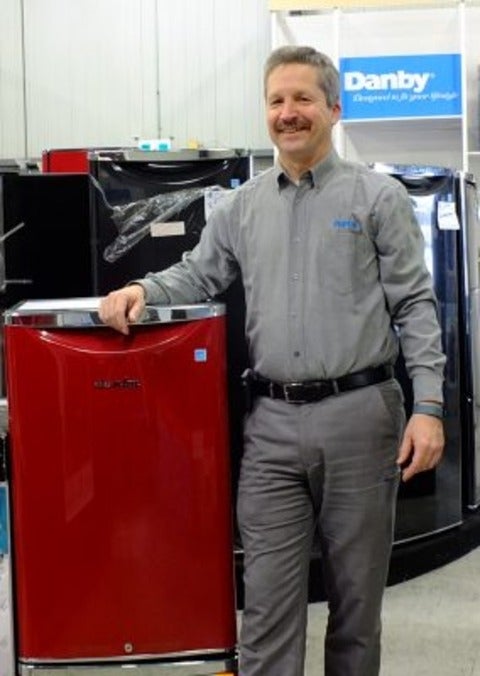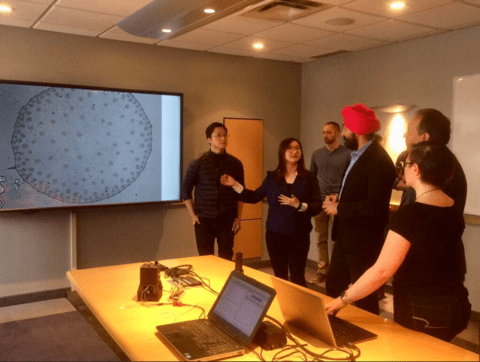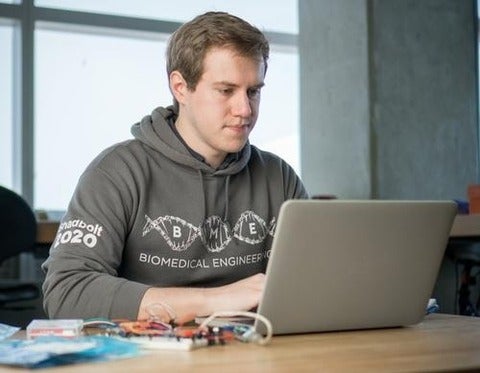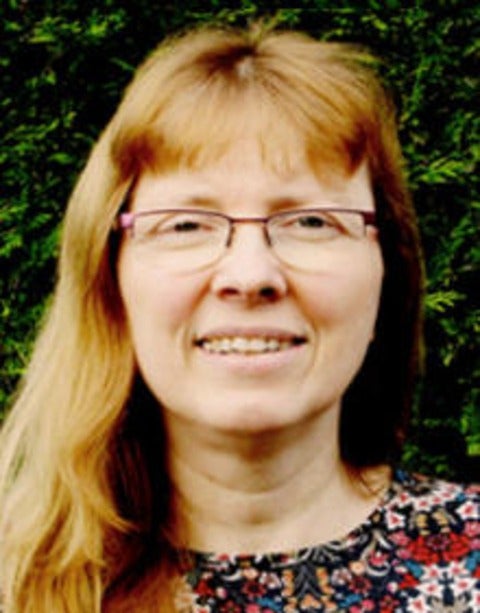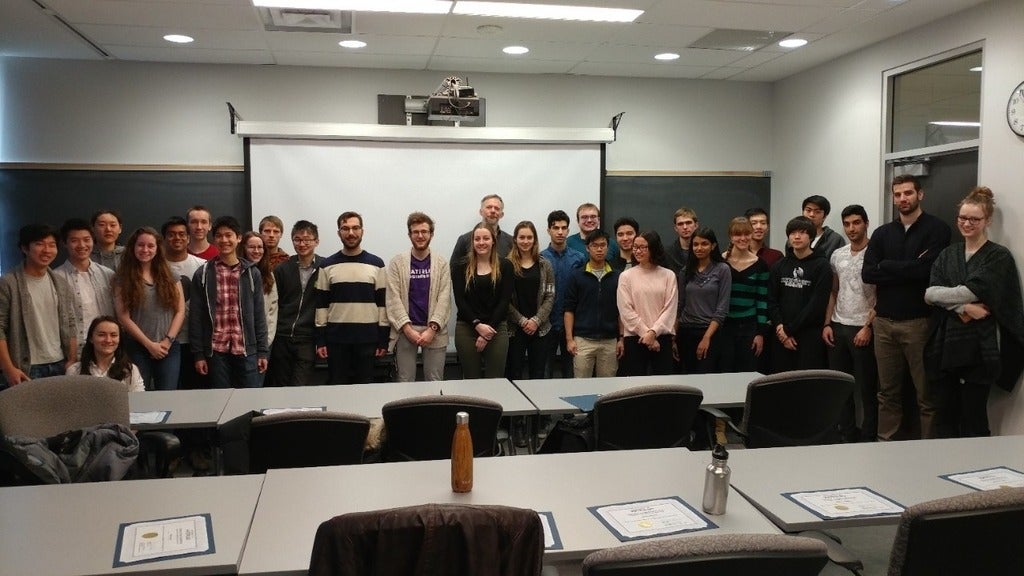Author to be published in Optica
A new discovery for a biomedical microscopy that can image into tissues to visualize absorbing structures is pioneered by a Systems Design Engineering professor. Dr. Parsin Haji Reza and his colleagues recently reported their work in Optica. By taking advantage of photoacoustic initial pressures, a functional all-optical non-contact optical-resolution photoacoustic microscopy is reported at depths beyond the optical transport mean-free-path of the excitation wavelength. The proposed method is capable of providing optical resolution images to depths of 2.5mm.
